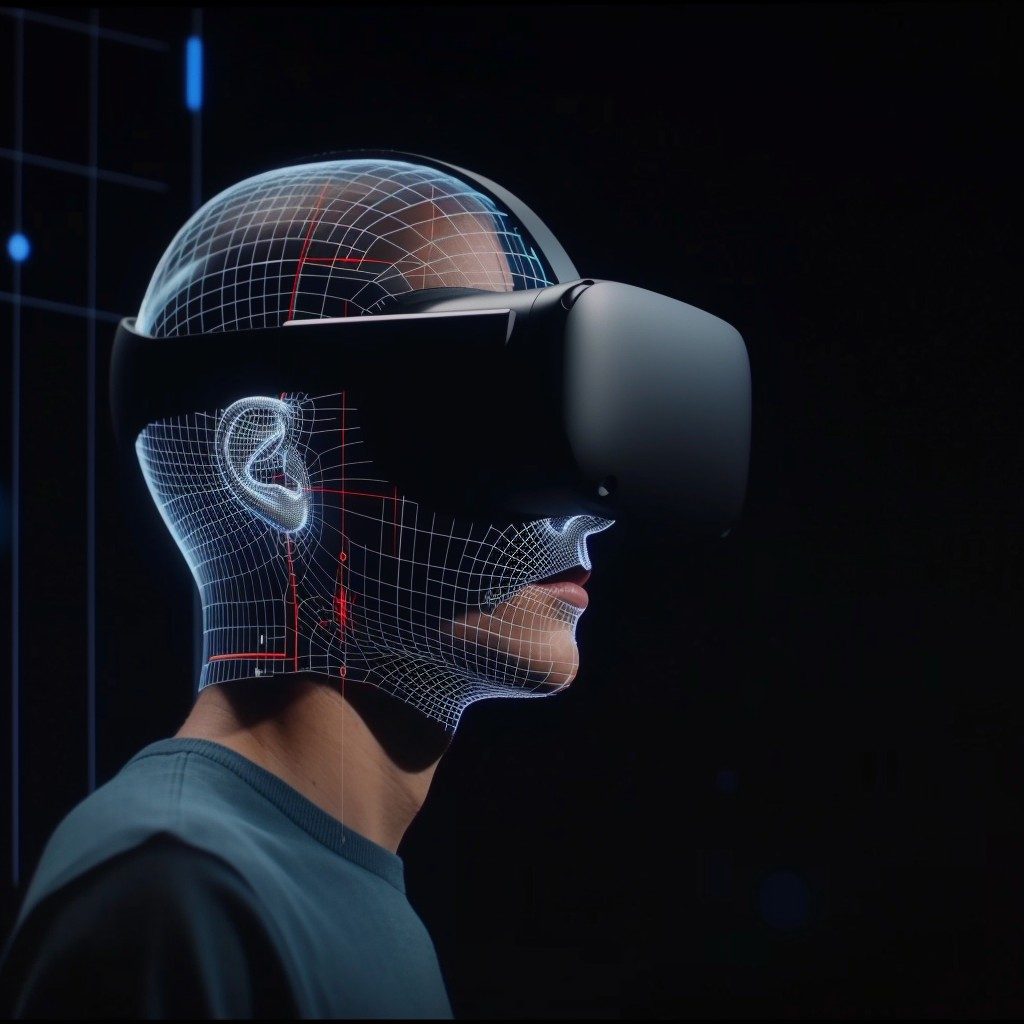In the face of rapidly advancing Artificial Intelligence (AI) technologies, the global creative sector is banding together to call for an AI policy that safeguards artists’ rights. With AI systems exploiting copyrighted works without authorization, the creative community faces significant threats to their intellectual property and the authenticity of human creativity.
Representing over 6 million artists, creators, and performers worldwide, major international organizations are uniting to demand urgent government action. They propose seven core principles to guide ethical AI practices, protect copyrights, and ensure fair compensation and recognition for creators. The call to action underscores the need for inclusive policymaking and collaboration between governments, tech companies, and the creative sector to balance AI innovation with protecting creative rights.
Artificial Intelligence poses risks to the creative sector
The rapid advancement of artificial intelligence (AI) poses major risks to the creative sector if left unchecked. Generative AI systems are already analyzing, scraping, and exploiting copyrighted works on a vast scale without authorization or compensation to train models churning out AI-generated content. This raises grave concerns over intellectual property violations and deception around passing off AI creations as human works.
While AI holds potential benefits, the cultural community urgently needs strengthened protections and ethical AI practices enshrined in law. Over 6 million global artists, creators, and performers represented by major international organizations have united to demand policymakers commit to key principles upholding creative rights as AI proliferates.
Call for urgent government action to safeguard creative interests
Governments worldwide recognize AI’s profound impacts and are pursuing safeguards for the public interest. The creative sector will be among the most disrupted by uncontrolled AI development. Policymakers have already heard testimonies of creators whose copyrighted works are being misused to advance AI, depriving them of rights protections and revenue.
Beyond unauthorized use of copyrighted material, there is widespread unease around AI-generated works deceiving the public through impersonating human creativity. While supporting AI innovation, governments must urgently adapt legal frameworks to protect creative rights and ensure ethical, transparent AI systems.
With generative AI posing clear threats, global artists and creators need a seat at the table alongside tech companies to shape policies defending their interests. Leaders must collaborate to adopt solutions ensuring AI respects copyright, properly compensates artists and distinguishes machine versus human creations.
Seven essential principles for ethical AI policy
The undersigned organizations representing over 6 million creators worldwide, call on governments to develop policies upholding seven core principles:
1. Protect copyright in AI exploitation
Current AI systems analyze copyrighted works without authorization. Creators must be empowered to permit, restrict, or receive compensation for AI’s usage of their copyrighted material.
2. Enable licensing for AI use
Licensing frameworks should allow creators to understand AI uses of their works and provide legally binding permission. This facilitates cooperation between artists and ethical AI innovators.
3. Limit copyright exceptions benefiting AI
Exceptions allowing AI to use copyrighted material without consent or payment should be avoided. Some existing exceptions need clarification to provide creators certainty over AI exploitation rights.
4. Provide attribution to creators
When AI systems use their works, creators must be entitled to proper credit and recognition.
5. Mandate transparency in AI practices
Legal obligations for AI systems to disclose their use of copyrighted works and label AI-generated content will ensure fairness for creators and consumers.
6. Institute accountability for AI companies
AI companies should face record-keeping requirements and accountability for infringing creators’ rights.
7. Reinforce human primacy in creativity
International laws should codify that AI is an instrument of human creativity. Fully autonomous AI works should not receive the legal protections of human creations.
The signatory organizations spanning major creative sectors and world regions are ready to collaborate with willing governments on inclusive policymaking. By working together, balanced AI frameworks that allow innovation while preventing harm to the creative community can be achieved. But action must be urgent – the unchecked proliferation of AI poses an existential threat to artists’ livelihoods worldwide and the integrity of human creativity.
Note that the large monument statue represents the collaboration between governments, tech companies, and the creative sector to balance AI innovation while protecting creative rights. The human factor cannot be diminished, but remains dominant, in the future of mankind.





